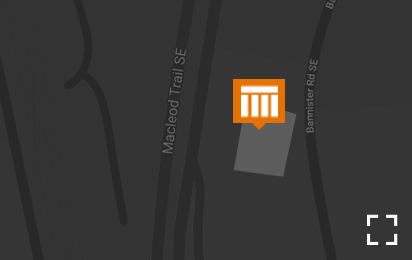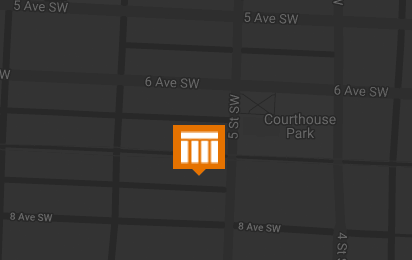Publication
The Hoarder Next Door: What to do when Hoarding Conditions are found in a Condominium Unit
The Hoarder Next Door: What to do when Hoarding Conditions are found in a Condominium Unit
Hoarding Disorder was recognized as a Mental Disorder in the 5th Edition of the Diagnostic and Statistical Manual of Mental Disorders. It is characterized as the persistent difficulty discarding or parting with possessions, regardless of their value. The accumulation of possessions often takes over the living areas and workspaces to the extent that those areas can no longer be utilized for their intended use.
Condominium living is communal living, where the owners share in both the good and bad that comes with living together. There is no removal or separation from the consequences of your neighbour’s behaviour. Hoarding is a fire hazard that can impact the safety of other Owners and the Corporation’s ability to obtain and maintain insurance. It can result in a Unit being declared unfit or unsafe for human habitation. It can lead to mold, insect or rodent infestations or noxious odours permeating the Corporation. The ramifications of Hoarding Behaviour can be felt throughout the Corporation and, because of the close quarters, cannot be ignored.
Hoarding conditions are usually discovered as a result of some other occurrence requiring an inspection or entry of a Unit. Most often it is the Community Manager that enters the Unit and becomes aware of the conditions. Photographs showing the state of the Unit should be taken, as they may be necessary to substantiate the conditions. Having determined there is a problem, the Community Manager may wish to arrange a further inspection accompanied by a professional appropriate for the circumstances, be it a plumber, Alberta Health Services Official or fire safety expert.
In ideal circumstances the Owner will cooperate with the Corporation and will address the conditions within the Unit upon request. There are resources available to assist but all are dependent on the individual cooperating and assisting in the process. Unfortunately the costs associated with addressing hoarding conditions can be significant. A deadline for compliance ought to be imposed.
In the event the Unit Owner does not cooperate, it may be necessary for the Corporation to take legal action. The Corporation must be proactive and take the steps necessary to protect other Owners and the property of the Corporation, even if it appears that the conditions are confined to the Unit in question. Addressing the conditions within the Unit is not for the benefit of the individual Unit Owner but for the benefit of the collective whole, as the consequences will spread.
Even though a Corporation has the ability to enter a Unit on 24 hours notice, it is not advisable that they enter and remediate without a Court Order. It is quite likely that most of the contents of the Unit will need to be discarded. Furthermore, it is possible that the Unit may require significant deconstruction, possibly needing to be torn back to the studs. The Corporation must seek the permission of the Court to undertake these actions.
Under section 67 of the Condominium Property Act the Corporation has the ability to seek an Order that grants them the authority to enter the Unit and do all things necessary to remediate the Property. The Corporation is given permission, allowing them to do what is necessary to fix the problem, not directed by the Courts that they must undertake these actions. The Corporation need only do what is necessary to protect the other Owners and to ensure that the Corporation’s property is safe. This does not require that the Corporation rebuild the Unit, except to the extent necessary to make sure the members of the Corporation are protected.
It is estimated that between 2 to 5 percent of the population may suffer from Hoarding Disorder. If it is found that someone within your Corporation is suffering from this Mental Illness, we can help. Please feel free to contact myself or another member of our Condominium Group to assist you with this or any other issues related to Condominium living.
For further information, please contact the author, Stephanie Whyte at 403.254.3687 or any member of our Condominium Law Group.

